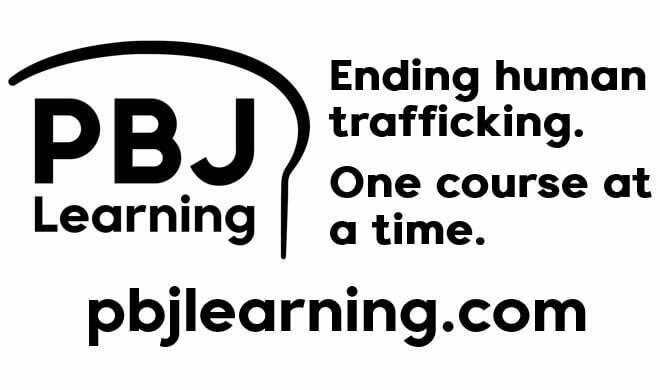Victims and villains: Anti-trafficking movement urged to tackle racial bias
By Christine Murray MEXICO CITY (Thomson Reuters Foundation) – Global protests about racism and police brutality should act as a wake-up call to the anti-human trafficking movement over the approach of law enforcement, treatment of Black victims and a lack of racial diversity, academics and activists said. The legacy of ‘white slave traffic’ – a…

